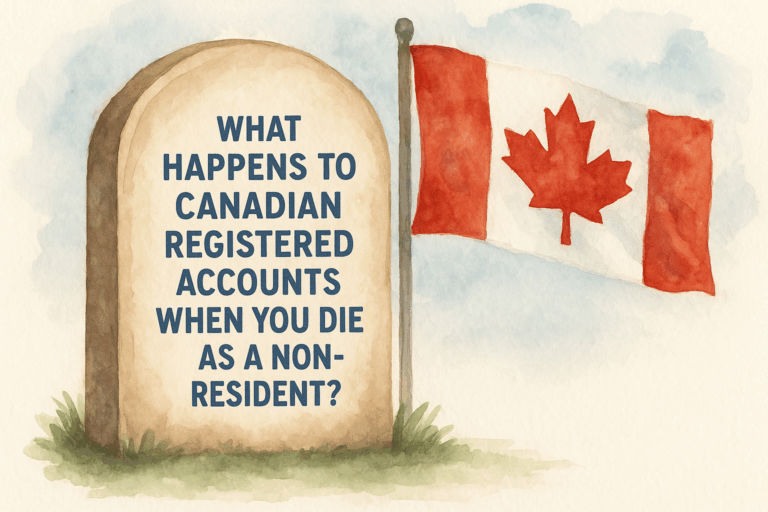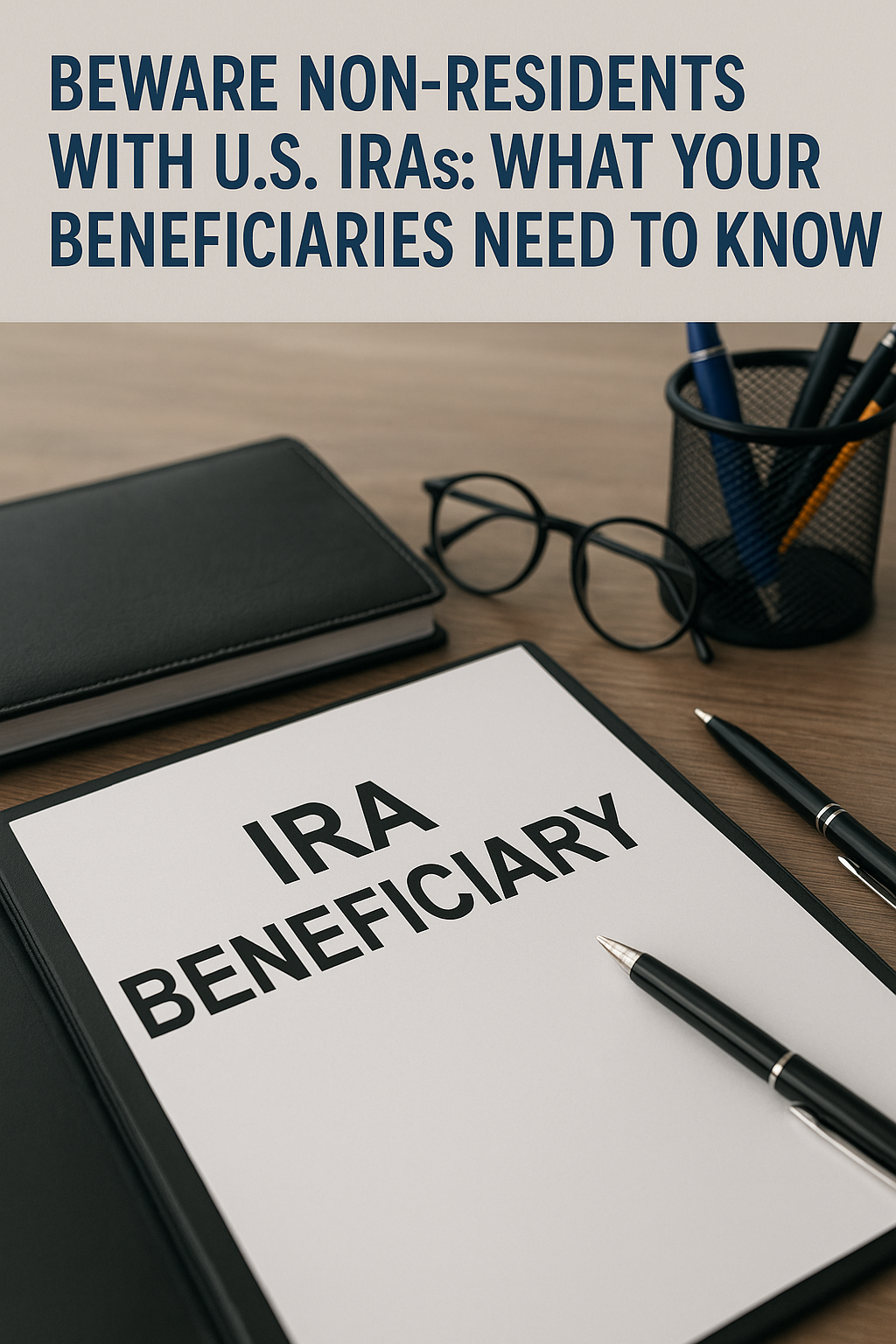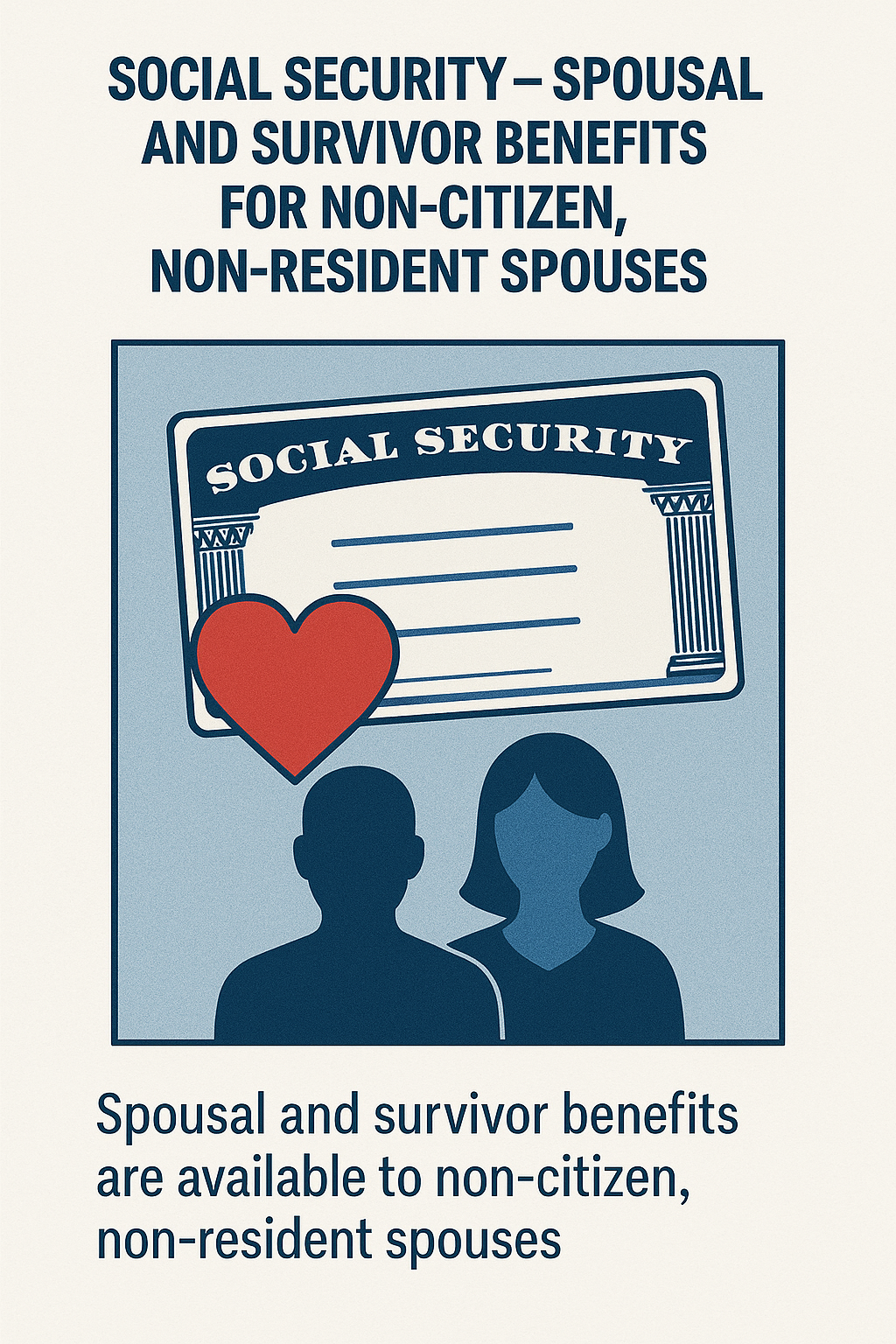Cross-border real estate Investing between the U.S. and Canada offers exciting opportunities for diversification and growth in your investment portfolio. With similar cultural ties yet distinct market and legal differences, understanding the intricacies of these two real estate markets is crucial.
At 49th Parallel Wealth Management, we specialize in providing the expertise needed to navigate these complexities efficiently, including International Laws related to property ownership and investment. Here’s a focused look at the essential aspects of managing cross-Border Real Estate investments between these neighboring countries.
The Appeal of Cross-Border Real Estate Investments
Diversification: Investing in properties across the U.S. and Canada can help spread investment risks associated with economic fluctuations in one country.
Growth Opportunities: Both markets offer unique opportunities in urban and rural settings, influenced by their respective economic developments and policies.
Stable Revenue Streams: Properties in both countries can provide stable rental incomes and potential for capital appreciation.
Essential Considerations for Real Estate Investment Between the U.S. and Canada
1. Understanding Local Real Estate Laws
The legal frameworks for cross-border real estate differ significantly between the U.S. and Canada. For instance, Canada has a more stringent regulation on foreign property ownership in certain provinces, such as British Columbia, which includes an additional foreign buyer’s tax.
2. Navigating Market Trends
Real estate markets in the U.S. and Canada respond differently to global economic trends. For example, while U.S. markets might react sharply to changes in federal policy or economic shifts, Canadian markets may show resilience or delayed responses due to different fiscal policies and banking regulations.
3. Managing Financing and Currency Risk
Financing real estate in a foreign country involves understanding international mortgage processes and managing the risk posed by currency exchange rates, which can affect investment returns.
Steps to Effectively Invest in U.S. and Canadian Real Estate
1. Conduct Comprehensive Market Research
Deeply analyze the economic environment, housing market trends, and future growth areas in both countries. For example, tech hubs like San Francisco or Toronto might offer different investment insights compared to regions dependent on manufacturing or agriculture.
2. Engage Cross-Border Real Estate Experts
Partner with real estate professionals who have a strong cross-border operational presence. Lawyers, tax advisors, and real estate agents with expertise in both U.S. and Canadian markets are invaluable.
3. Understand Tax Implications
Cross-border real estate investment comes with complex tax considerations. For instance, U.S. residents owning property in Canada may need to file tax returns in both countries and manage withholding taxes on the sale. Canadian residents selling property in the United States must deal with issues like the Foreign Investment in Real Property Tax Act (FIRPTA) in the U.S. and potential capital gains taxes in Canada.
Investors who own property across the border will have to file non-resident tax returns. Withholding rates on rental income for non-resident owners in Canada can vary. Hiring an agent will reduce the burden of withholding taxes.
4.Implement Effective Property Management Strategies
Consider employing property management services that operate in both countries to handle day-to-day management tasks, ensuring your property is well-maintained and compliant with local laws.
Withholding rates on rental income for non-resident owners in Canada can vary. Hiring an agent and filing the correct forms will reduce the burden of withholding taxes.
Case Study: Investment Scenario Between Seattle, U.S. and Vancouver, Canada
Imagine an investor based in Seattle looking to purchase a residential property in Vancouver. The investor must consider not only the foreign buyer’s tax in British Columbia but also the implications of the fluctuating USD/CAD exchange rate on their investment.
Engaging a local Vancouver real estate agent with expertise in working with American clients, alongside a U.S.-based tax advisor familiar with cross-border real estate investments, would be critical steps. This professional guidance could help navigate the complexities of the transaction, ensuring compliance with all regulatory requirements while optimizing the financial aspects of the investment.
Cross-border real estate investment between the U.S. and Canada can be highly rewarding if managed correctly. At 49th Parallel Wealth Management, we are dedicated to guiding you through every step of this complex process. Contact us today to explore how we can help you expand your real estate portfolio across the U.S. and Canadian border, ensuring a strategic and compliant investment approach.
- Securing the Right Insurance Coverage Across U.S. and Canadian Borders
- The Evolving Role of Technology and the Primacy of Client Relationships
- Navigating Business Expansion and Operations Across Borders: Insights for U.S. and Canadian Enterprises
- Optimizing Banking and Financial Services for Cross-Border Clients: Navigating U.S. and Canadian Markets
- Lucas Wennersten, CFA, CFP® (U.S. & Canada)




